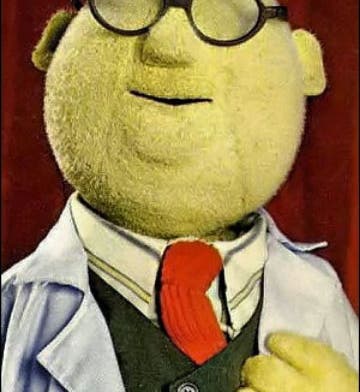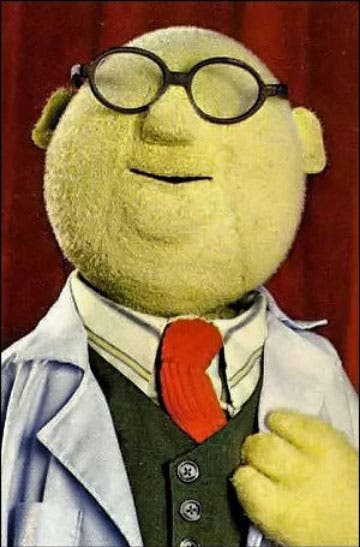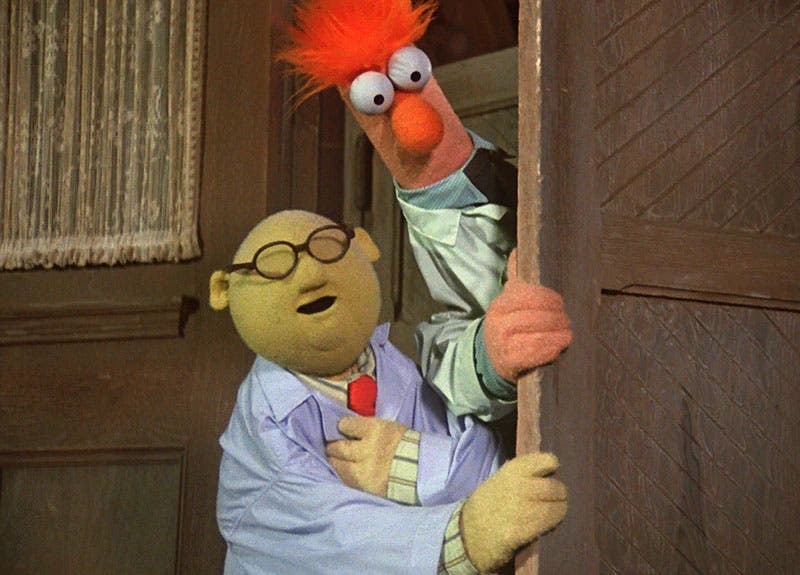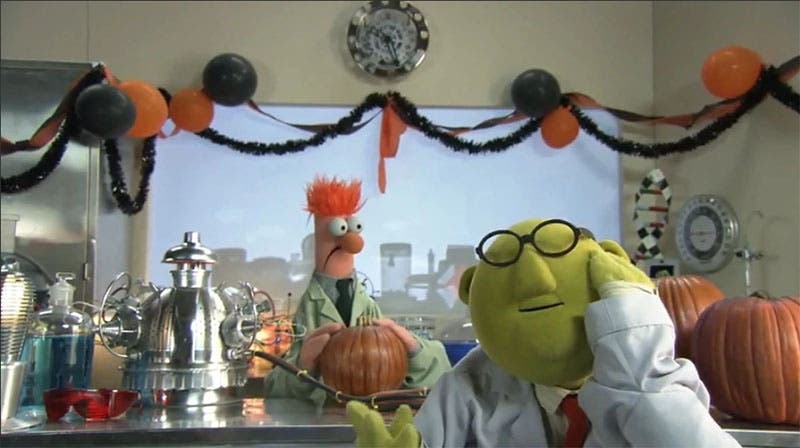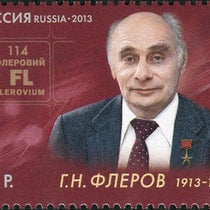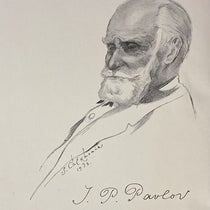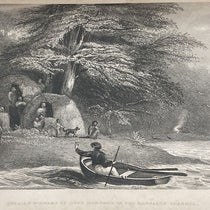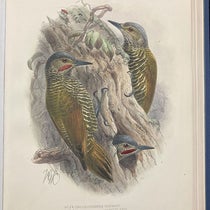Scientist of the Day - Bunsen Honeydew
On Oct 10, 1976, a fresh public face of science debuted on national television. Carl Sagan's Cosmos was still four years in the future when the world got its first look at the individual who would change the way we viewed science and its practitioners. Dr. Bunsen Honeydew came out of nowhere, quite literally. We were told nothing about his background or his qualifications, before suddenly there appeared on the screen a round yellow head, rather like a melon, who greeted us with: "Welcome to Muppet Labs, where the future is being made today," and proceeded to share with us, in 77 seconds, the first of many inventions with which he would dazzle the world. This first one was his All-Purpose Tenderizer, which softened not only food, but plates and utensils, rendering them immune to breakage, thus protecting the livelihood of the commercial kitchen. You can see that clip at this link. Two weeks later he was back, introducing a Robot Politician, and subsequently a Gorillla Detector, and an Exploding Hat. We all marveled at Honeydew’s inventiveness, and his capacity for survival. We also wondered about the fact that he wore glasses but had no eyes.
As the world press was now taking up much of his time, Honeydew found it necessary to hire an assistant, and Beaker made his debut in the fifth Muppet Labs episode, Magnetic Carrots. We have already written a post on Beaker, where you may find a link to the Magnetic Carrots sketch, one of Honeydew’s cleverest and most bizarre inventions. Honeydew discovered, as perhaps he had not envisioned, that an assistant was not only useful in the day-to-day operations of the Lab, but could serve as a convenient guinea-pig to test his inventions, thereby sparing himself from any unforeseen repercussions of his genius. Of which, Beaker was to discover, there were many. In our post on Beaker, we linked to episodes showing the “Banana Sharpener,” the “Germ Enlarger”, “Elevator Shoes,” and the “Unwanted Pet Converter.” So as not to repeat ourselves, we will here mention and link to “The Teleporter,” where Beaker (and Kermit the Frog) were instantly transported to Africa and came back with unexpected guests; the invention of “Bunsonium,” a new element whipped up by Honeydew that had a deflating effect on Beaker; and the "Turning Lead into Gold" sketch, where Honeydew introduced to the world a device that can render a bar of gold into cottage cheese.
Bunsen appeared in 24 episodes for The Muppet Show, aired between 1976 and 1981. The Muppet Show ceased production, but the Muppets lived on, in movies, in specials, and in a 2015 revival, The Muppets, and Bunsen and Beaker kept right on going, continuing to bring the world of science and invention to the public at large. The production values of the later skits were markedly improved over the simple sets of the 1970s, as you can see in our still shot from the “Carve-o-Matic” episode (third image), which I am guessing dates to 2009 or so. You can see the complete clip, with its amusing ending, at this link.
We mentioned the following in our post on Beaker, but it seems worth repeating here. In 2004, the BBC and the British Association for the Advancement of Science conducted a survey, asking viewers to vote for their favorite TV or film scientists. Over 40,000 votes were cast, and Honeydew and Beaker cornered a whopping 33% of the total vote, beating the runner-up, Mr. Spock, by a 2-to-1 margin, and defeating even more handily the Doctor of Dr. Who, and Q of the James Bond series. I daresay if viewers were then asked to choose between Honeydew and Beaker, the put-upon Beaker would attract the sympathy vote and win by a landslide. But since they were not asked, Bunsen Honeydew can keep sharing the top slot as everyone’s favorite TV or film scientist.
William B. Ashworth, Jr., Consultant for the History of Science, Linda Hall Library and Associate Professor emeritus, Department of History, University of Missouri-Kansas City. Comments or corrections are welcome; please direct to ashworthw@umkc.edu.

